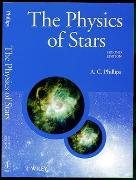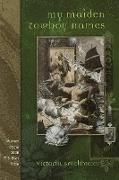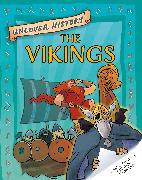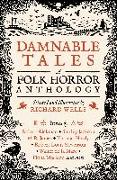The Physics of Stars
BücherAngebote / Angebote:
The Manchester Physics Series General Editors: D. J. Sandiford, F. Mandl, A. C. Phillips Department of Physics and Astronomy, University of Manchester Properties of Matter B. H. Flowers and E. Mendoza Optics Second Edition F. G. Smith and J. H. Thomson Statistical Physics Second Edition F. Mandl Electromagnetism Second Edition I. S. Grant and W. R. Phillips Statistics R. J. Barlow Solid State Physics Second Edition J. R. Hook and H. E. Hall Quantum Mechanics F. Mandl Particle Physics Second Edition B. R. Martin and G. Shaw The Physics of Stars Second Edition A.C. Phillips Computing for Scientists R. J. Barlow and A. R. Barnett The Physics of Stars, Second Edition provides a concise, self-contained account of how key aspects of stellar structure, evolution and nucleosynthesis can be understood in terms of fundamental physics. Beginning with an introduction to astrophysical concepts using elementary physics, the book progresses to consider stellar properties in terms of more advanced physical ideas all of which are carefully explained before they are applied. The result is a balanced presentation of both fundamental physics and astrophysics. A major strength of the book is that the author does not evade challenging concepts, but carefully explains them, enabling the reader to gain a fuller understanding of the theory. Carefully revised, this second edition now includes a chapter on Helioseismology. Review of the Second Edition "This book is.a superb textbook in terms of choice of content, its organisation and style of presentation. Phillips is one of the best of the currently available texts - its coverage, level, style and price are all in its favour." Dr M. Wilson Royal Holloway College, University of London Review of the First Edition "The title tells it all: This is a compact and well-organised book. and it achieves wonderful success in presenting the physics, of approximation, intuition and understanding. Its strengths are many." Physics Today "Phillips never lets the student out of his sight. And this student is encouraged, step-by-step, to reach a greater understanding of the subject. Every paragraph seems to be honed on tutorial experience, every equation is explained with wit great care, superfluous material is omitted and concepts are worked out from first principles. This is a university textbook par excellence, a classic that will be used for decades to come." New Scientist
Folgt in ca. 10 Arbeitstagen




